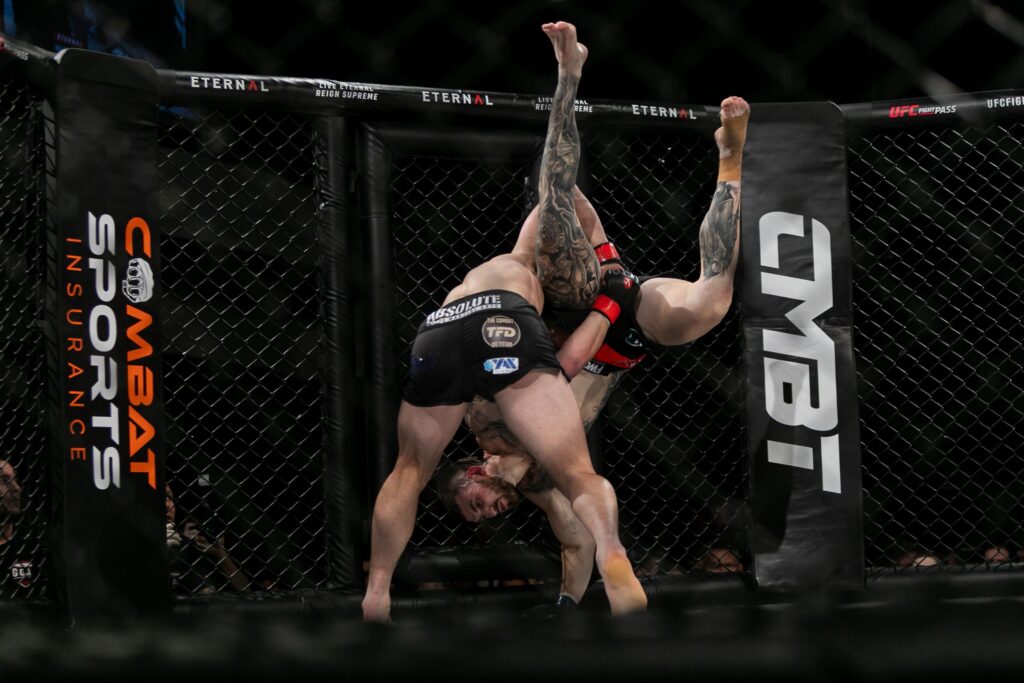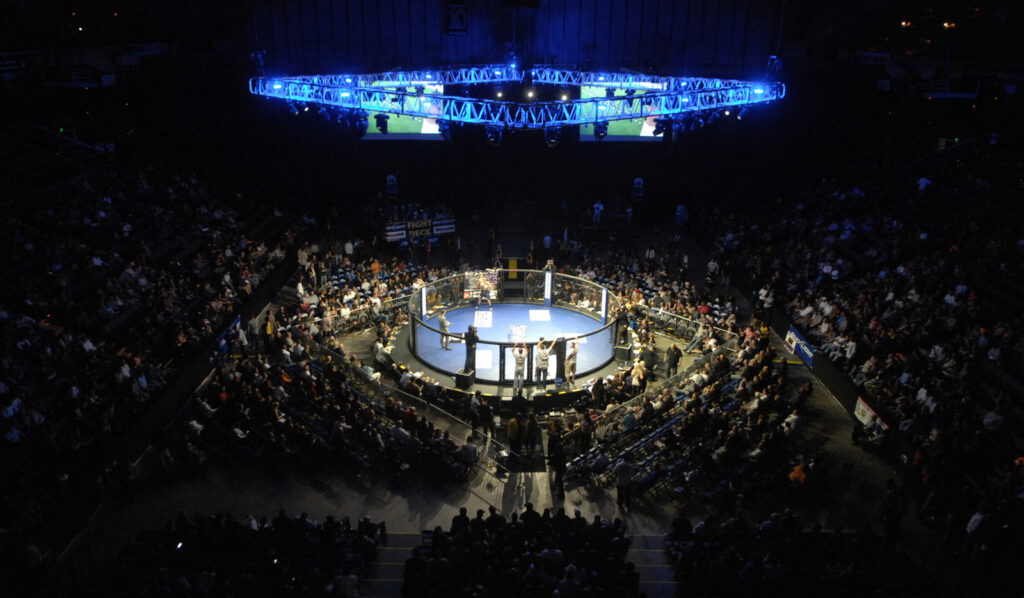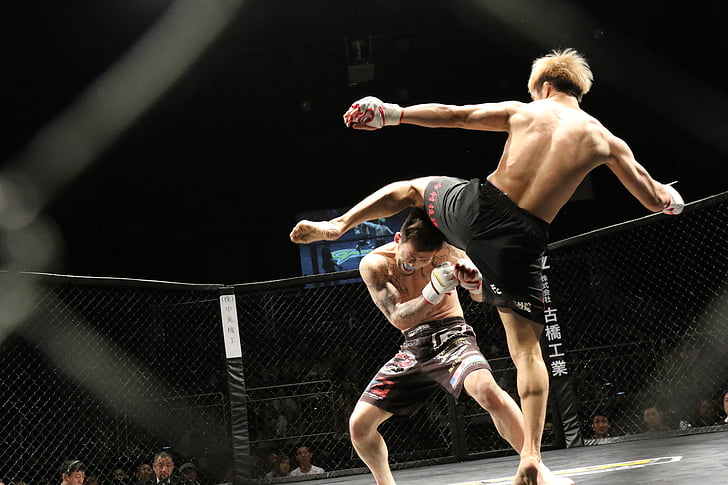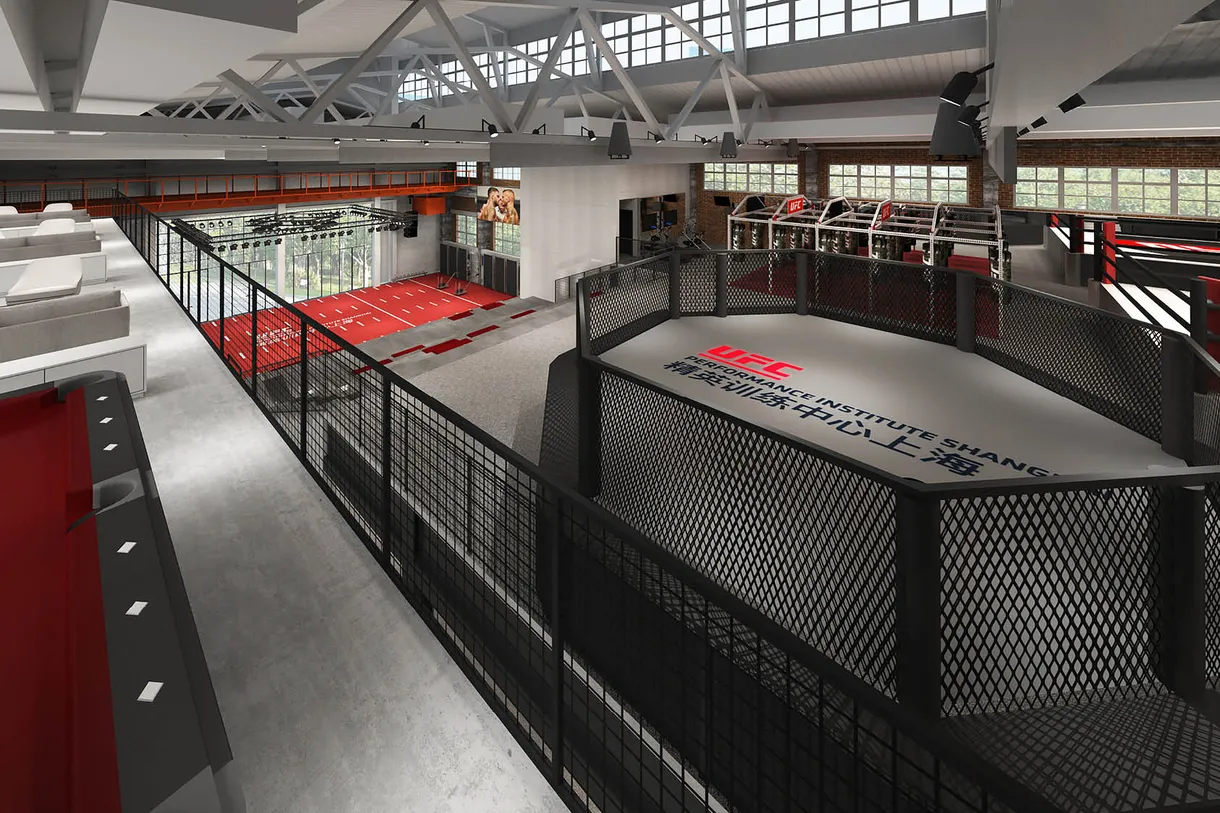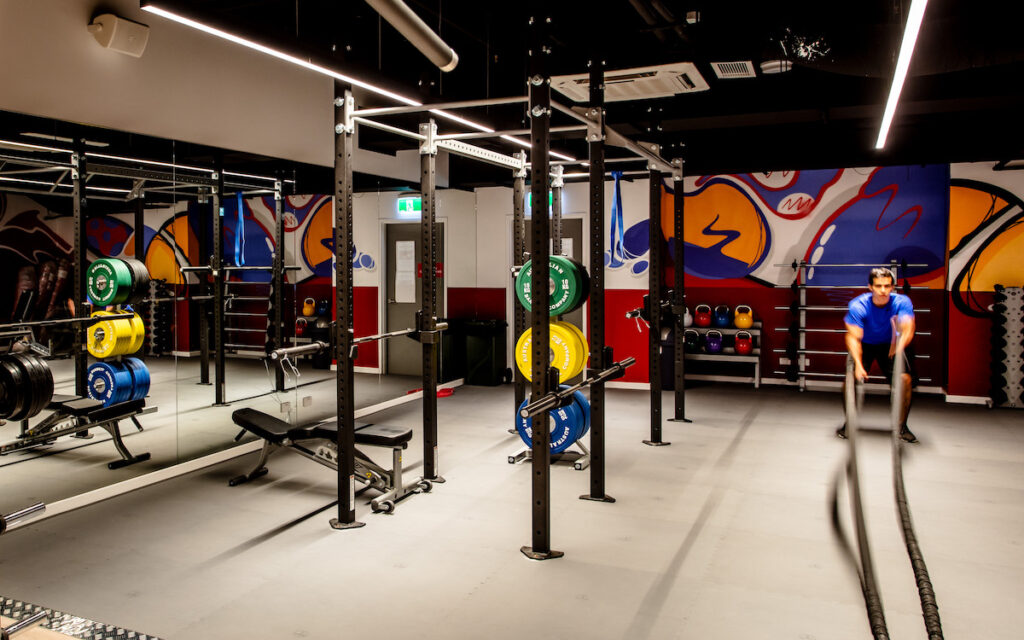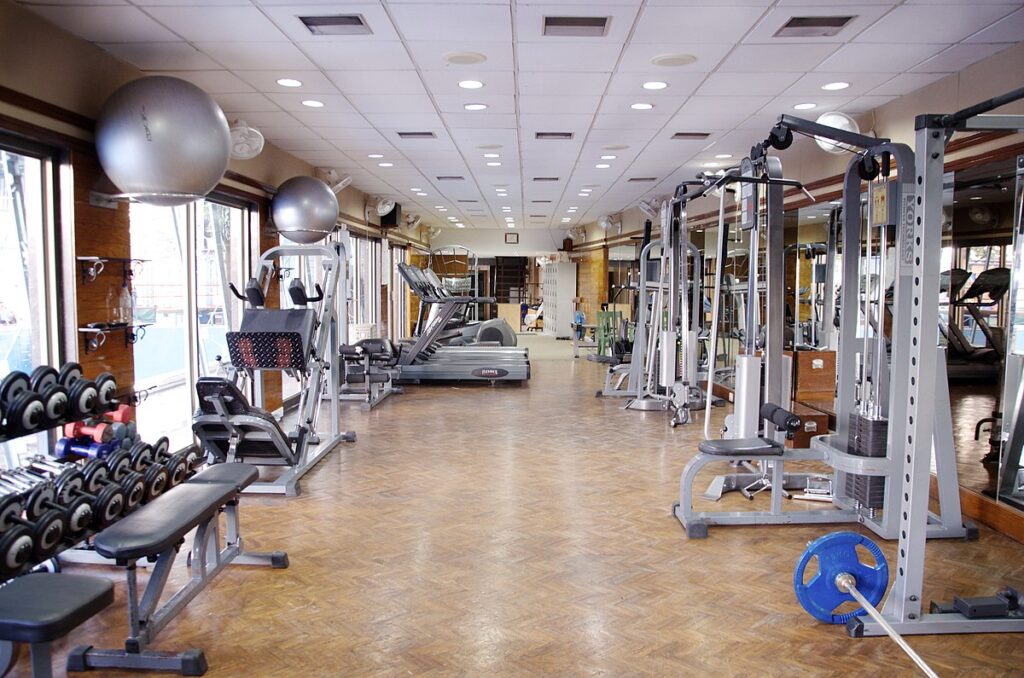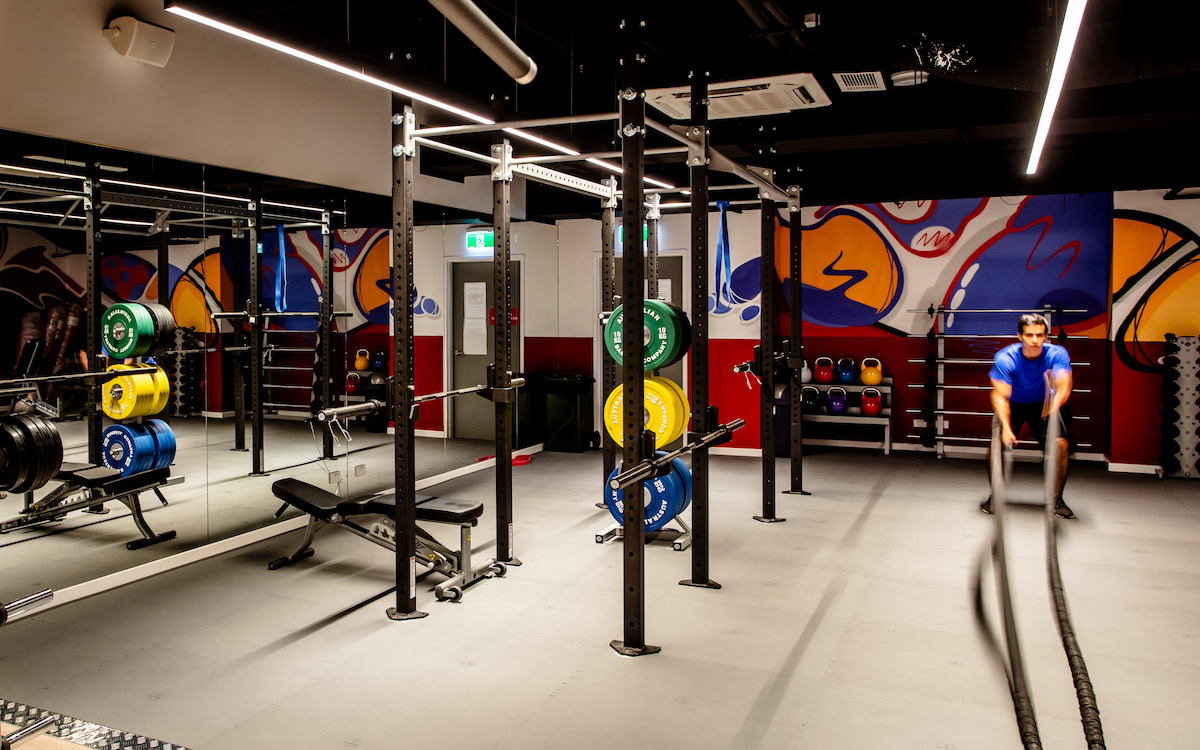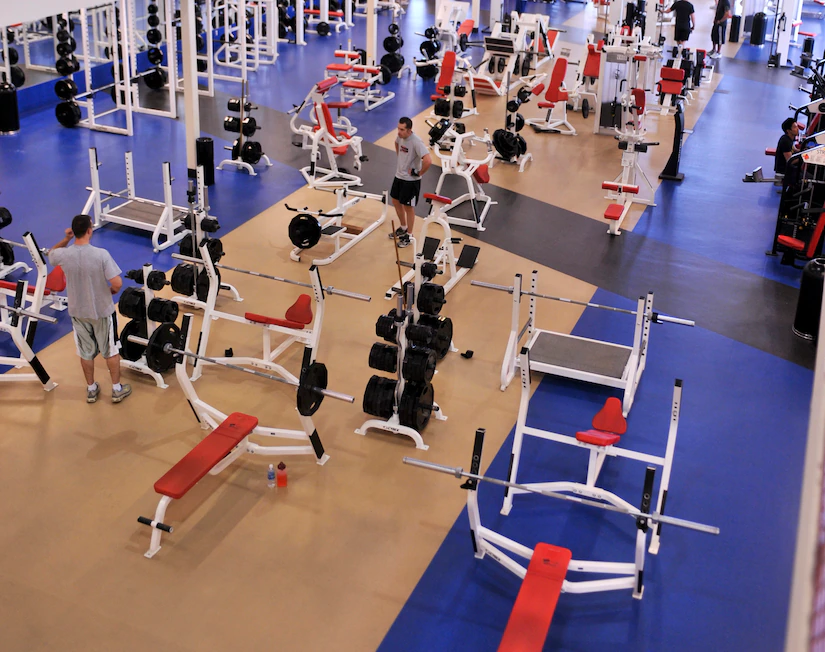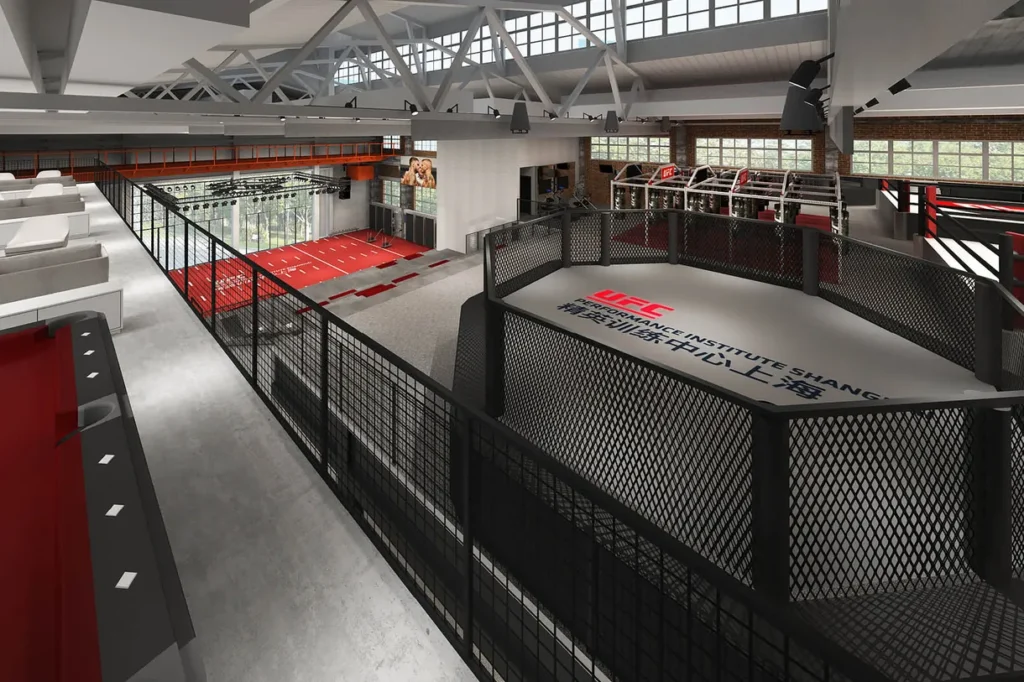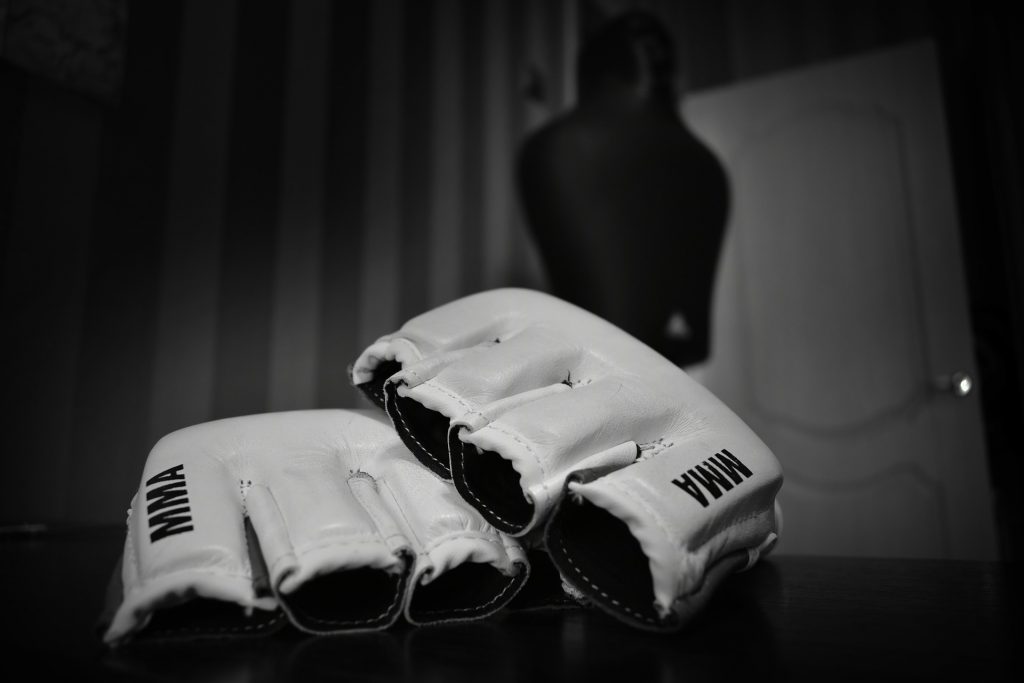There are lots of things you can do to make sure your martial arts club runs smoothly. You might work out the kinks in your class schedule, hire a new instructor, or even bring in a new type of workout equipment. But there’s one thing you should always make sure is up to date and taken care of: your insurance policy for your martial arts club.
What Is Martial Arts Club Insurance?
Martial arts club insurance is a type of business insurance that covers a martial arts club or studio. It replaces the liability coverage that you might have as an individual and provides protection for your business in the event of lawsuits against you or members, damage to your equipment and property, and other incidents that could result in losses.
You can purchase this type of policy through any reputable insurance company and it’s important to do so because if something happens at your martial arts club, having this coverage will help prevent financial disaster.
Who Needs Martial Arts Club Insurance?
Martial arts club insurance is a type of business insurance that covers the premises, equipment, and employees of your company. To purchase this coverage, you must first determine whether your martial arts business qualifies for it.
The following types of businesses may be eligible for martial arts club insurance:
- Martial Arts Schools
- Dojo Owners
- Gym Owners/Coaches/Trainers (including those who teach boxing)
If any one or more members of your staff fit into one of these categories, then it’s likely that they’ll need some kind of business coverage.
Do You Need Martial Arts Insurance?
Do you teach or learn martial arts? If so, then the answer to this question is a resounding yes. Either way, it’s important that your school has adequate coverage in the event of an accident or injury.
To get started on finding martial arts insurance for your facility or business, you’ll need to know how much coverage you need and what type of policy suits your needs best.
Contact us for more info on martial arts insurance.
How Much Does Martial Arts Club Insurance Cost?
The amount you pay for your martial arts club insurance will depend on a number of factors.
- The type of policy you choose will determine how much the premium is, as well as the coverage it provides. For example, liability insurance costs more than property damage insurance because the former covers more types of damages and legal fees if you get sued by a client or an employee.
- The size and location of your martial arts club will also factor into what kind of policy you need to buy. If you have multiple sports facilities around the country or even around the world, then it would make sense for your business to have larger coverage limits for its assets in each state or country where it operates. You can also get separate policies for specific locations to save money on premiums overall without sacrificing protection from lawsuits outside those locales
General Liability Coverage for Martial Arts Clubs and Studios
General Liability Insurance is the most basic type of coverage that you can get for your martial arts club. It covers bodily injury and property damage to others caused by your employees or students, including accidents that happen when parents are supervising their children on the mat. General Liability Insurance also covers you if someone sues you for injuries sustained on your premises or during an event hosted by your club.
This type of insurance is crucial for any business that regularly has paying guests, as it provides protection against lawsuits and other costs should something go wrong. If a guest at one of your classes slips and falls while practicing a kick (or even just walking around), they may sue you in court—and win—if they’re injured badly enough. You might also be sued if someone gets hurt while attending one of your workshops or competitions at another venue, like a gym or community centre; many gyms require proof of liability insurance before renting space to martial arts groups.
General Liability Coverage will not only help protect yourself from being sued; it will also cover any legal fees related to defending yourself against such claims (up to certain limits). This means that when there’s been an accident at one of your classes (even if no one was seriously injured) and another person decides they want compensation for medical bills or lost wages stemming from those injuries, this kind of coverage will ensure that any reasonable legal expenses associated with resolving the matter fall under its purview as well.
Property Damage Coverage for Martial Arts Clubs and Studios
If you’re running a martial arts club or studio, you’ll want to make sure your business is protected if something goes wrong. While it’s unlikely that someone will steal all your equipment, it’s not impossible. Property damage coverage protects against loss of or damage to real property caused by fire, lightning, windstorm, or similar perils; explosion; aircraft or vehicle impact; smoke damage from a fire and theft.
If someone else damages any of your equipment during a class or event, property damage coverage can provide additional protection for you as well. The policy will reimburse the amount paid out for repairs up to the policy limit. If there is more than one occurrence during a year (for example: if two people break the same board at different times) then each occurrence would be subject to its own deductible amount before any other benefits apply.
Business Interruption Coverage for Martial Arts Clubs and Studios
Business Interruption coverage is a type of insurance that can help you pay for the costs associated with operating your martial arts club in the event of a disaster.
Business interruption coverage pays out money to continue operations after an unexpected event, such as fire or flood. The money helps you keep up with rent, wages, and other expenses until your business returns to normal (the time period varies depending on your policy).
Business interruption insurance works much like any other type of insurance: You pay premiums every year, and if something happens that triggers a claim on your policy—in this case, damage caused by fire or flood—you submit proof of loss to the insurer along with an application asking for payment.
Commercial Auto Coverage for Martial Arts Clubs and Studios
Commercial auto coverage is a type of insurance that covers vehicles used in your business. It protects you against damages and injuries caused by an accident to your vehicle, as well as any property damage caused by the collision. If you own a martial arts club, it’s important to have commercial auto insurance coverage because your business will likely be liable if someone is injured while on its premises.
You should have commercial auto coverage if:
- You operate vehicles as part of your business (for example, if you use them for deliveries).
- You own a fleet of trucks or vans that are rented out to other companies or individuals.
Equipment Breakdown Coverage for Your Martial Arts Studio or Dojo
Equipment Breakdown coverage is a type of equipment insurance that protects your martial arts studio or dojo’s equipment from damage, theft and other losses.
This coverage includes the cost of repairing or replacing:
- Equipment that breaks down (for example, boxing gloves)
- Equipment damaged in a break-in attempt at your business location (for example, broken windows)
- Stolen equipment (for example, a stolen laptop computer)
Cyber Liability Coverage for Your Martial Arts Club or Studio
When your martial arts studio hires a new employee to manage its social media accounts, there’s always a risk that this individual could accidentally post something inappropriate online. This is known as a cyber liability situation, and if it happens to you—even once—you’ll need a policy that covers the costs associated with remedying the damage.
If you’re interested in learning more about cyber liability coverage for your martial arts club or studio, keep reading! We’ll start with some basics about what exactly cyber insurance entails and how it works before diving into some more specific details on risks and premiums.
Protecting your martial arts club with the right insurance policy is a smart step you can take to help you protect your financial future.
Martial arts club insurance can help you protect your business and the futures of those who depend on it.
The best way to get started with martial arts club insurance is by identifying your risks—whether they’re related to property damage, liability claims from students or instructors, or even employee lawsuits against you. Once you know what might be a risk for your business, look into how much coverage would cost if that risk were realized. Once you have an idea of what kinds of costs could arise from different types of losses and damages, see how much potential loss prevention steps will cost in terms of time and money. After considering all these factors together and determining which ones are most important for your business’s success (and which ones aren’t), then decide on which options would give you the greatest return on investment while still protecting both yourself and those who work with/for you.
Conclusion
Remember, the first step to protecting your martial arts club is getting in touch with an insurance provider who can help you build a customized coverage plan. At Combat Sports Insurance, we care deeply about our customers and their organizations—so if you’re looking for an insurance provider with a human touch, give us a call today!
